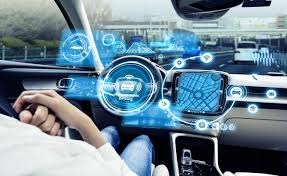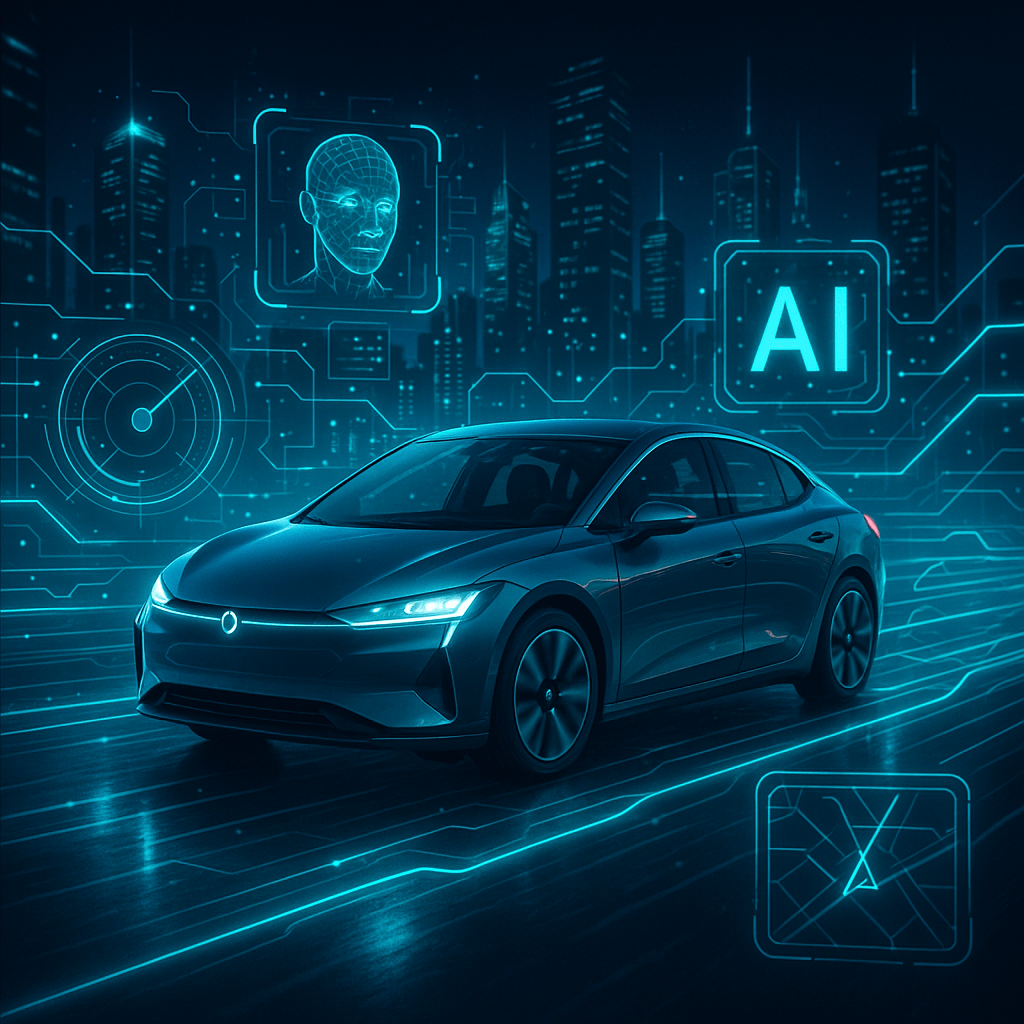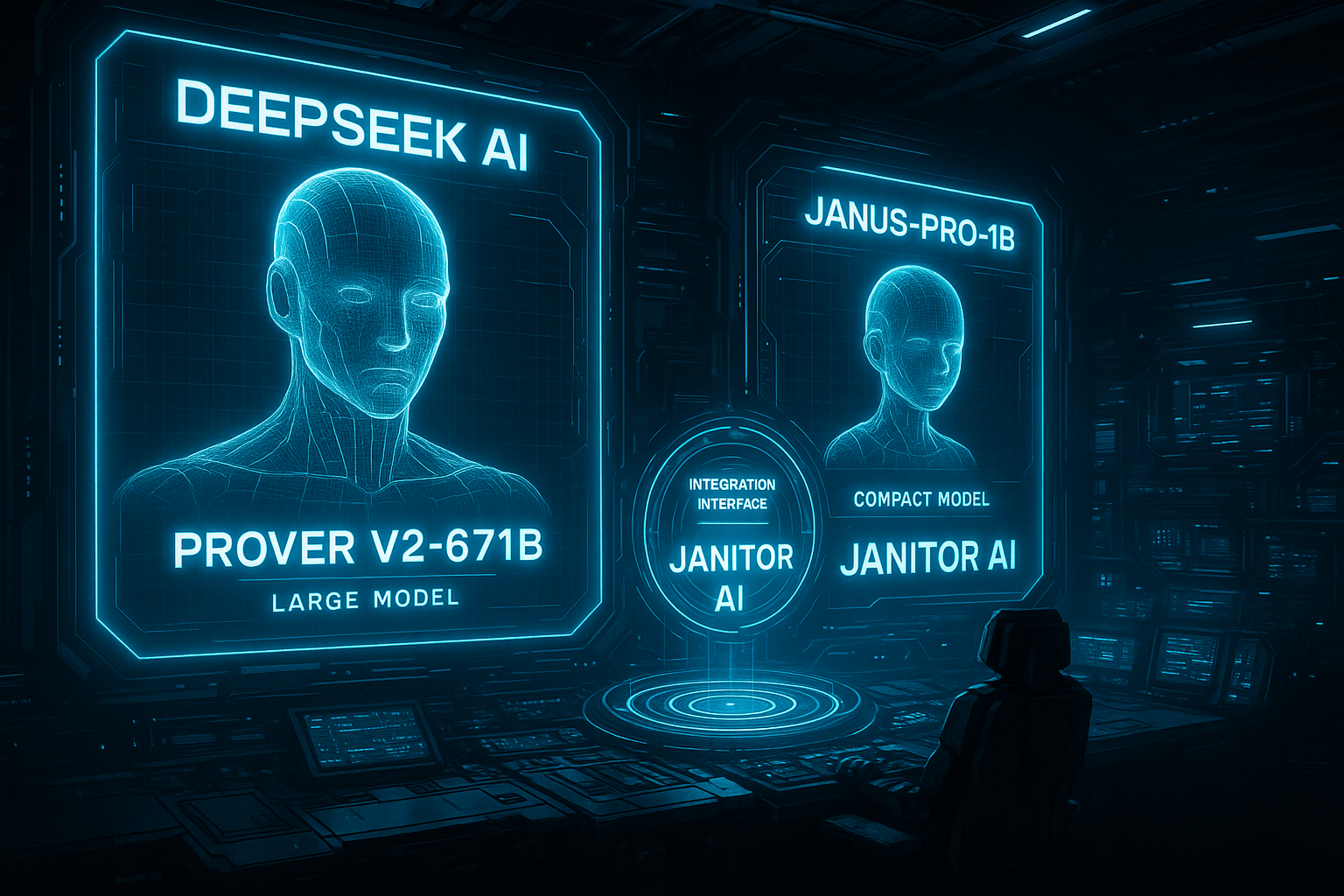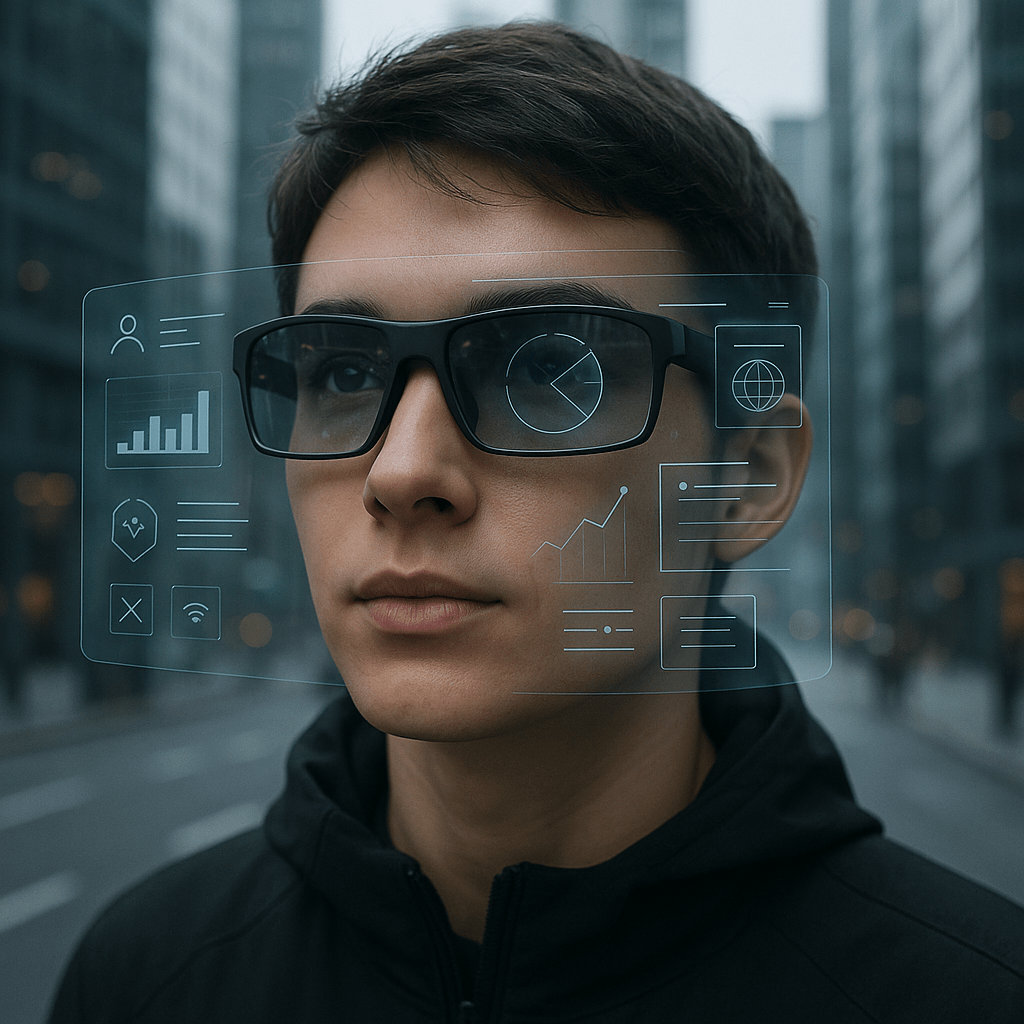The fast-paced development of electric vehicles (EVs) has turned the future of transport on its head. But it’s not only batteries and greenery driving the revolution—Artificial Intelligence (AI) is the game-changer that will push the next revolution in innovation. From instant decision-making to improved safety and predictive maintenance, AI in EVs is revolutionizing the way we design, drive, and live electric mobility.
At Pensora, we examine how artificial intelligence is powering a smarter, safer, and more efficient age for electric vehicles—and what it will mean for car manufacturers, consumers, and the wider transport sector.
Key Takeaways
- AI in EVs is transforming driving through efficiency, safety, and automation.
- Intelligent EVs employ AI to make real-time data-based decisions.
- AI-driven EVs minimize energy wastage, forecast breakdowns, and extend lifespan.
- Safety is improved through predictive analytics, object detection, and adaptive control.
- Automakers are making the transition to AI-first vehicle architecture.
- EV artificial intelligence is critical to realizing autonomous transportation.
The Transformation of Electric Vehicles and the AI Transition
Electric vehicles used to be seen as a replacement for internal combustion engines. Now, they’re emerging as the norm. However, it’s not electricity that’s solely powering their momentum—AI in EVs is the game-changing differentiator that’s making today’s cars stand out.
Old EVs used mechanical components with minimal intelligence. AI EVs today are equipped with deep learning algorithms, neural networks, and real-time data processors. These parts integrate to realize traffic understanding, power efficiency optimization, navigation assistance, and even autonomous driving.
Automakers like Tesla, Rivian, and legacy players BMW and GM are incorporating AI into the heart of their electric mobility plans. This move towards smart EV systems is not an option—it’s necessary to remain competitive in a hyper-connected world.
AI-Enhanced Vehicle Safety: A New Era of Accident Prevention
Perhaps the most groundbreaking application of AI in EVs safety is its capacity to examine road conditions in real-time and automatically adjust. Such systems don’t merely respond—they look ahead. With computer vision and machine learning, intelligent EVs can:
- Sense imminent collisions before they occur.
- Automatically apply brakes in emergencies.
- Watch over drivers to avoid accidents resulting from fatigue.
- Adjust speed and positioning according to road and weather conditions.
The fusion of sensor fusion, LiDAR, radar, and decision engines based on AI allows for wiser vehicle safety than human beings can independently. For consumers, this implies fewer crashes, lower insurance premiums, and more confidence.
Regulatory bodies across the globe now urge innovation in AI inEVs safety technology to minimize deaths and enhance traffic flow. This technological revolution isn’t just advantageous—it’s quickly becoming mandatory through law.
Predictive Maintenance and Operational Efficiencies
Yet another essential advantage of AI in electric vehicles is predictive maintenance. Historically, EVs used to need periodic checks to maintain battery life, motor functionality, and software upgrades. Today, AI systems continuously monitor vehicle parts and forecast failures ahead of time.
This predictive approach results in:
- Less downtime and surprise breakdowns.
- Longer battery and component longevity.
- Lower costs through anticipatory servicing.
- Smart charging cycles for optimal efficiency.
For commercial EV adopters and fleet operators, AI-driven EVs translate into more reliability and lower operating expenses. With transport increasingly driven by data, the transition from reactive to predictive maintenance may redefine the economics of EV ownership.
Smarter Energy Management and Battery Optimization
Battery management is one of the biggest challenges in EVs. AI is addressing this issue with smart battery optimization methods. Based on usage habits, weather conditions, driving style, and road surfaces, AI can adjust dynamically:
- Power output and energy consumption.
- Optimize routes for maximum efficiency based on battery range.
- Maximize regenerative braking for energy capture.
- Recommend optimal charging times and locations.
This type of smart integration makes the most efficient use of every watt of power. For EV owners, it means longer range and fewer stops to recharge.
As we delved deeply into Pensora, this is not a technological step—it’s a fundamental change in the way electric vehicles engage with their surroundings and utilize their energy resources.
AI-Powered Autonomous Driving in EVs
Autonomous driving is where AI in EVs becomes truly transformative. Electric vehicles’ inherent advantages as candidates for the autonomous system are due to a simpler mechanical architecture and a software-first design. The AI system includes the following:
- Deep learning
- Real-time object detection
- Path prediction
- Sensor data fusion from cameras, radars, and ultrasonic sensors
This will help the self-driving vehicles navigate through road traffic efficiently while gleaning information from the surroundings to get better with time. The AI adapts to variables like pedestrians, traffic, and city complexity with higher efficacies.
While full autonomy is still subject to regulatory approvals, many EVs today come equipped with capabilities that put them at Level 2 or 3 of autonomy, like adaptive cruise control, lane-keeping assistance, and automated parking applications. Such AI-based capabilities are paving the way to a truly driverless future in which electric vehicles are safely operational without human input.

The Connected Ecosystem: AI and V2X (Vehicle-to-Everything) Communication
Aside from the car itself, artificial intelligence in EVs is influencing the overall ecosystem by way of V2X communication. This is the capability of the vehicle to communicate with:
- Other cars (V2V)
- Traffic infrastructure (V2I)
- Pedestrians and devices (V2P)
- The grid (V2G)
AI processes this incoming data to streamline everything from traffic flow to charging cycles. For instance, intelligent EVs can receive traffic signals in real-time and modulate their speed to reduce stops, conserving energy.
In intelligent cities, this networked system will be central to easing congestion, cutting emissions, and making roads safer. AI isn’t just making EVs perform better—it’s enabling them to become smart agents in a broader transportation system.
Building Smart EVs: The Role of AI in Manufacturing
AI’s influence doesn’t stop with cars on the road—it’s transforming how electric cars are built. In factories, AI is applied for:
- Quality control through real-time image recognition.
- Robot-assisted assembly lines.
- Supply chain optimization.
- Energy-efficient production workflows.
Through the inclusion of AI within the manufacturing process, automakers can improve efficiency, eliminate errors, and streamline time-to-market. Businesses adopting AI-driven EV manufacturing will likely dominate the next wave of mobility innovation.
Challenges and the Road Ahead
While its benefits are clear, incorporating AI in EVs is not without challenges:
- Data Privacy: With continuous data collection, securing driver data becomes paramount.
- Infrastructure: Much of the world continues to lack the connectivity necessary for complete AI-based features.
- Cost: High development and implementation prices can hinder adoption.
- Ethics: AI-driven decisions in autonomous scenarios pose legal and ethical concerns.
These barriers will have to be carefully managed. The future of intelligent EV AI will depend on how closely automakers, regulators, and technology vendors work together to design open and secure systems.
Conclusion
The convergence of EV and AI technology represents a watershed moment in the world of cars. With electric cars gaining popularity by the day, artificial intelligence is emerging as the linchpin of intelligent mobility. From maintenance and safety to autonomy and energy efficiency, AI in EVs is defining new benchmarks for performance and innovation.
At Pensora, we don’t just see the future of electric cars in clean power but in smart systems that learn, adapt, and optimize every dimension of mobility. As car companies streamline their AI plans and the infrastructure improves, one point is for certain: the smartest cars of the future won’t be driven by electricity alone—they’ll be driven by intelligence.











Leave a Reply